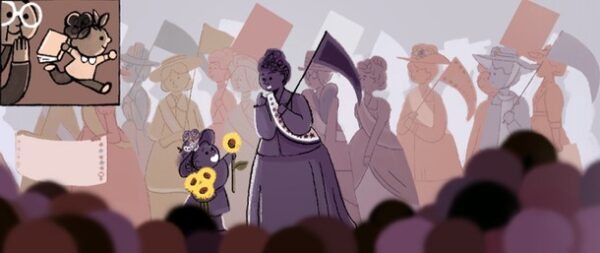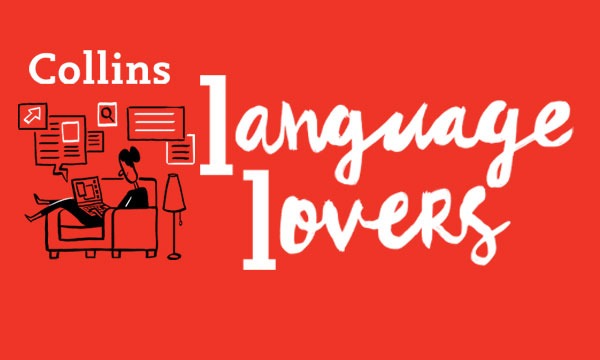To mark International Women’s Day this month, people are being urged to make a ‘pledge for parity’ to remove inequality form the workplace. The choice of the word parity in this slogan gives it a pleasant alliteration, but it is also a more formal word and is more suggestive of logic and restraint than its emotionally charged synonym equality.
The origin of ‘parity’ lies in the Latin word ‘par’, which means ‘the same’. In later Latin, this gave rise to a noun ‘paritas’, which entered English in the sixteenth century as ‘parity’.
There are several other English words from the same root that involve the concept of achieving equality with a fixed standard. As all golfers will know, a ‘par’ is the standard score for a hole or round. We also talk of feeling ‘below par’ when our health falls below the normal standard. The word ‘par’ is also behind ‘disparage’, which historically meant to refuse to treat someone as your equal.
More surprisingly, ‘par’ is also the root of our word peer. A peer is a member of the nobility, and so we might expect its root to refer to privilege rather than equality. But originally a ‘peer’ meant a person of equal rank, and we still use this meaning in expressions such as ‘the respect of your peers’ and ‘peer pressure’.
By Ian Brookes
Collins Dictionary



